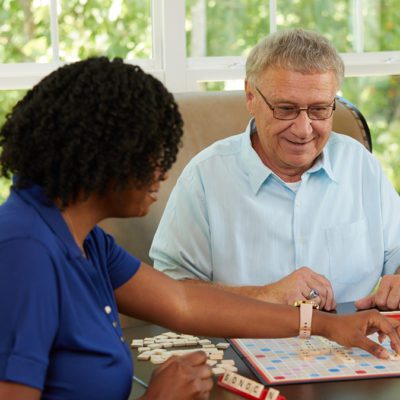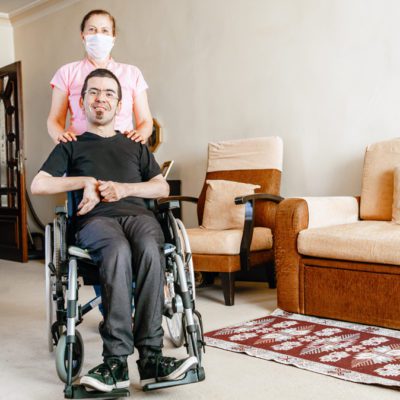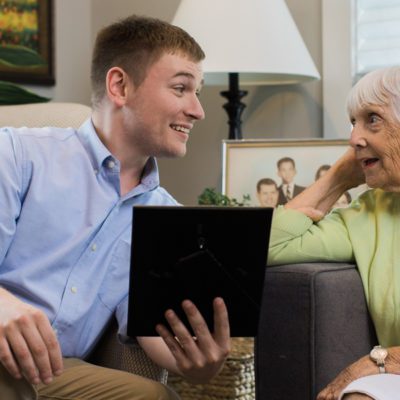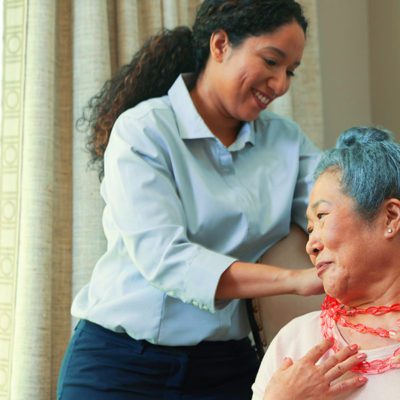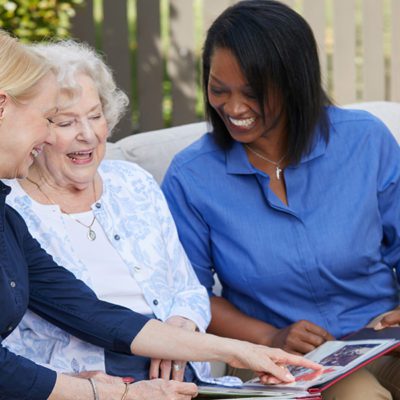Palliative care is a holistic approach to care focused on keeping people as safe and comfortable as possible throughout their illness. Palliative care can last for a few days or many years – there is no set amount of time that palliative care must last.
What is Complex Case Management? (UK Case Management)
Case management is a coordinated approach to delivering care that focuses on coordinating and managing care for individuals with complex medical conditions, disabilities, or multiple healthcare needs. It is a collaborative and person-centred process that involves the active participation of case managers, healthcare professionals, and the individual receiving care.
What Is Respite Care For Children?
Respite care for children is a home care service that provides temporary support to parents or caregivers who care for a child with special needs or a medical condition. It offers parents a much-needed break from their caregiving duties while ensuring their child receives the highest level of care and attention.
Private Care for Young Adults
Every young adult deserves the opportunity to live with choice and independence. We can support young adults with mobility issues, physical disabilities, mental health conditions or long-term illnesses with highly personalised, one-to-one support directly in their own homes.
Benefits and Entitlements for the Elderly
Many people are unaware of all the helpful benefits and entitlements available to older adults and people with disabilities in the UK. In fact, billions of pounds of benefits go uncollected each year. Many of these benefits and entitlements could be applied to help people receive the care they need, even in their own homes.
Here are some benefits and entitlements for the elderly that you or someone you know may be eligible for.
How to Keep The Elderly Safe at Home
Many older adults prefer to live independently in their own homes, but this often leaves them at an increased risk of dangerous falls and accidents. Slips and falls are one of the leading causes of injury for elderly people. In the UK, 1 out of 3 adults over 65 will have at least one fall a year.
Although most falls do not lead to serious injury, it is possible. Due to health concerns that are common with ageing, such as lower bone density and decreased flexibility, falls can have devastating consequences for elderly people, making it difficult for [...]
What is Clinical Care?
Clinical care is a form of one-to-one nursing care designed to support people living with clinical conditions or physical disabilities. People living with health conditions like Multiple sclerosis, Parkinson’s, cancer or stroke, often need specialist support to effectively manage their symptoms, improve their well-being and maintain their quality of life.
Clinical care differs from other forms of care in that it often involves specialised equipment and home adaptations such as PEG feeding, ventilators, colostomy bags and BiPAP machines. In order to provide such specialised support, carers must be expertly trained and experienced in clinical care tasks.
What are the Different Types of Dementia?
Dementia is not a disease, it is an umbrella term used to describe a group of neurological conditions that affect the brain. There are over 200 different types of dementia, but the most prevalent in the UK are Alzheimer’s, vascular dementia, frontotemporal dementia and Lewy body dementia.
Alzheimer’s is the most common cause of dementia, but there are many other causes. People can have one type of dementia or they can be living with more than one kind, which is called ‘mixed dementia’.
How to Arrange Care for Elderly Parents
We know that arranging care for elderly parents can be a stressful and challenging time for many families. For over 75 years, Prestige Nursing & Care has helped families up and down the country to find a comfortable and safe care solution that keeps their parents living independently in their own homes.
If you have decided that home care for your elderly parents is the right option for you and your family, there are several ways that you can go about finding the right person. Some of these options include hiring a private carer, using an introductory agency or a
How to Deal with Challenging Behaviour
There are many possible causes for a sudden change in behaviour in your loved ones. Dementia, which affects almost 1 million people in the UK, often causes behavioural changes but there are other physical, mental and personal causes. Sometimes, a person’s behaviour simply changes as a result of natural ageing as their values, beliefs or habits change over their lifetime.
Whether your loved one is experiencing ongoing behaviour changes due to a health condition like dementia or these behaviours are new and sudden, this guide provides useful information and actionable tips on how to deal with challenging [...]


